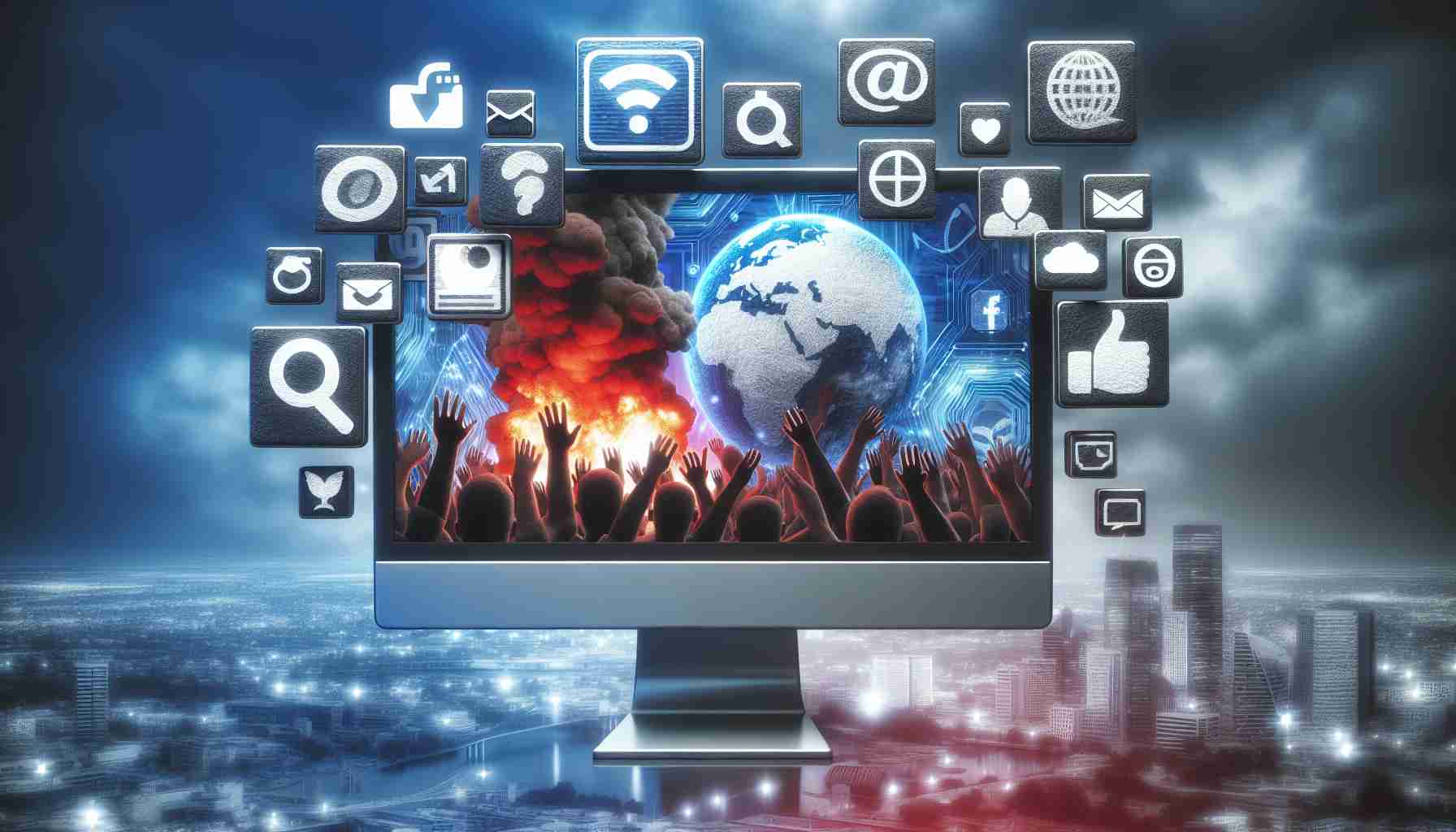The recent incidents of violence, shootings, murders, and suicides portrayed on social media and in films have been flagged by experts due to their harmful impact on society. Psychiatrists attribute this trend to a decrease in interpersonal, emotional, and familial connections, leading to increased anger that transforms into hatred. Furthermore, disconnection is identified as the dominant disorder of the 21st century.
The Disease of Disconnection
Repeated cases of suicides and violence, particularly the alarming trend of targeting women, have been observed for some time now. Recently, a new trend has emerged where shooting people has become commonplace. In a world full of turmoil, emotional blindness occurs, and the rational thinking part of the brain, the prefrontal cortex, gets suspended, said Dr. Harish Shetty, a renowned psychiatrist.
He also noted that those exhibiting explosive behaviors often evade legal responsibility due to political connections. He further warned that the law should hold channels and social media platforms accountable for irresponsibly perpetuating such horrifying content.
What Cannot Be Ignored
“It is extremely important that repeated use of phrases such as ‘I want to die,’ ‘I want to kill,’ ‘I will teach him/her a lesson,’ ‘I hate his/her family,’ ‘I don’t want to live nor let her/him live’ are warning signs and should not be ignored by family members and friends because they are signals that the person needs psychiatric help. Additionally, if one has violent or anxious thoughts, it is good to talk to a responsible friend, family doctor, or mental health professional,” explained Dr. Shetty.
Harmful Effects
Dr. Bharat Vatwani, the recipient of the Ramon Magsaysay Award and a psychiatrist, said, “The repeated cases of shootings, violence, murders, and suicides occurring in society and amplified on social media have harmful consequences. They contribute to increased violence, reflecting a decline in individual and social emotional control.”
“Fear, anxiety, impulsiveness, false bravery, mutual competition, and psychological justification contribute to a complex emotional landscape. Unfortunately, these repeated acts become a catalyst, fueling further violence by providing instant gratification for suppressed emotions in already divided societies. The perverse joy derived from witnessing heinous crimes indirectly on social media platforms can blur moral and ethical boundaries, leading to a state of emotional numbness.”
FAQ Section Based on the Key Topics and Information Presented in the Article:
1. What is the disease of disconnection?
The disease of disconnection refers to the negative impact of social media and films on society, leading to increased anger, hatred, and a decrease in time spent on interpersonal and familial relationships.
2. What are the effects of this phenomenon?
The effects of this phenomenon include an increase in violence, suicides, murders, and shootings in society, as well as a worsening of emotional control at both individual and societal levels.
3. What are the signs indicating the need for psychiatric help?
Signs such as recurrent thoughts of death or killing someone, expressions of hatred towards a specific person or their family, and stating a desire to end one’s life are warning signs that should not be ignored. In such cases, it is necessary to consult a psychiatrist.
4. Who should be responsible for irresponsibly perpetuating horrifying films?
Experts recommend holding channels and social media platforms accountable for irresponsibly perpetuating horrifying films. In the case of individuals exhibiting explosive behaviors often evading legal responsibility due to political connections, it is important to implement legal changes to hold them accountable.
5. What are the effects of instant gratification and emotional numbness in society?
The repeated acts of violence on social media contribute to an increase in violence, false bravery, mutual competition, and emotional numbness in society. Watching crimes through social media platforms can blur moral and ethical boundaries.
Suggested Related Links:
– Psychology.com (Psychology.com)
– Psychiatrist.com (Psychiatrist.com)
The source of the article is from the blog reporterosdelsur.com.mx
